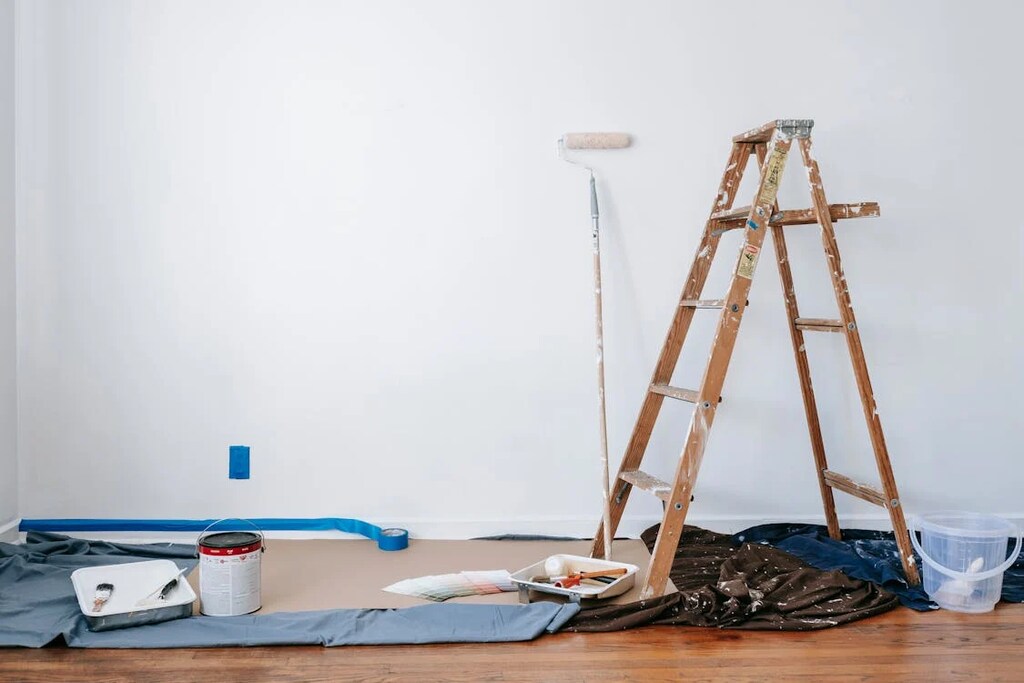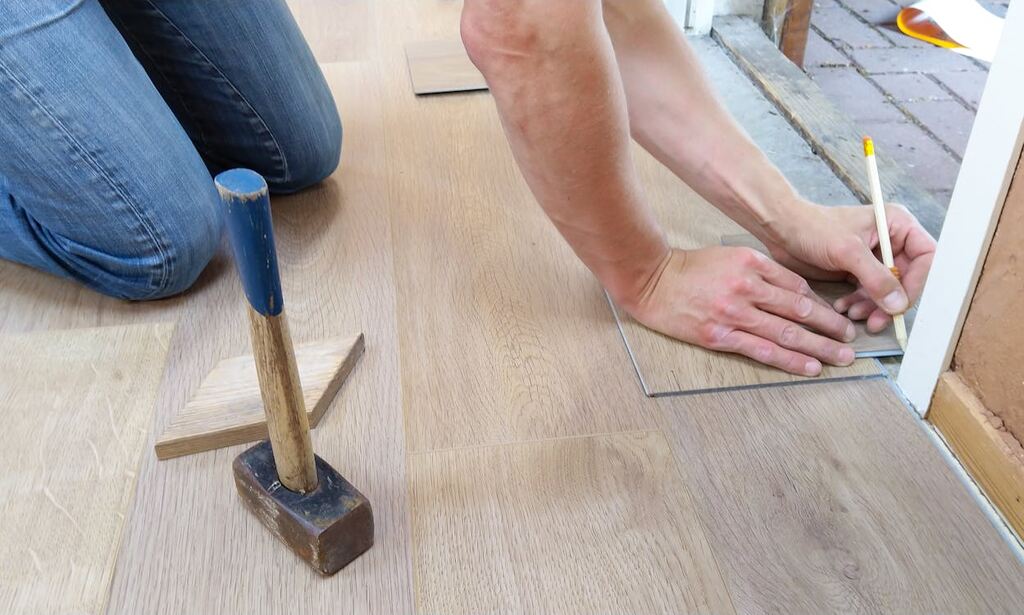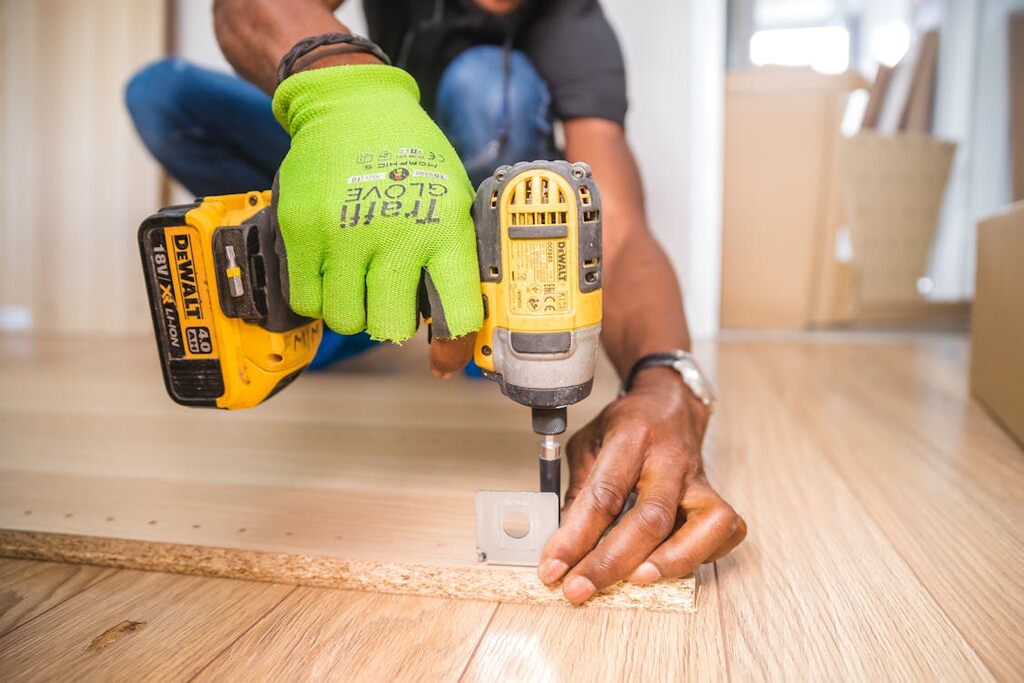By using our website, you agree to the use of cookies as described in our Cookie Policy
a
Rss Feed
How to Handle Renovation Delays and Unexpected Costs After Moving Into Your Home
After moving into a new home, homeowners often face unexpected costs and delays in renovations. Even with thorough preparation, hidden issues can arise, disrupting plans. These problems can stretch budgets and cause stress. For example, an outdated plumbing system or structural concerns might be uncovered only after starting work. Addressing these surprises requires a proactive mindset and strategic approach. We focus on managing renovation delays and handling costs after moving while minimizing disruptions.
Why Renovation Delays and Extra Costs After Moving Happen
Renovation delays have many causes, often beyond your control. Contractors may face supply chain issues, causing late material deliveries. Labor shortages can lead to postponed start dates or extended timelines. Hidden damages, such as cracked foundations or water leaks, add complexity and costs. Miscommunication with contractors is another major contributor. Unrealistic budgets or underestimating material needs are common mistakes that escalate expenses.
In contrast, planning thoroughly while renovating helps avoid some issues. Regular communication with contractors ensures alignment on schedules and budgets. Choosing readily available materials instead of custom options can prevent delays. However, not all setbacks are avoidable, so having a contingency plan is critical.
Assess the Situation: How Serious Are the Delays or Costs?
Evaluate how delays or expenses impact your living situation. If the renovation affects vital areas like kitchens or bathrooms, it may need urgent attention. Other delays, such as painting or landscaping, are less critical and can wait. Categorize expenses into unavoidable essentials (e.g., structural repairs) and discretionary upgrades (e.g., new lighting fixtures).
Another key point is to determine whether continuing with the current contractor or finding alternatives is the best choice. Always weigh the pros and cons before making changes. Assess how much extra time or money you can realistically afford. This clarity helps you make better decisions during stressful situations.
 Delays, such as painting or landscaping, are less important and can wait.
Delays, such as painting or landscaping, are less important and can wait.
Protect Yourself from Unreliable Movers
When handling renovations, it's essential to ensure the moving process goes smoothly. Unfortunately, many homeowners face unexpected setbacks during the move, which can add stress to an already chaotic situation. In order to avoid common moving problems, such as damaged items or missed deadlines, it's important to research reputable movers. MovingScam.com provides reviews and ratings to help you identify reliable companies. Checking these reviews can help you avoid unscrupulous movers who could contribute to further delays or hidden costs. A smooth moving experience reduces unnecessary complications, allowing you to focus on the renovation process itself.
Stay Organized: Tracking Expenses and Deadlines
Maintaining organization is essential to managing renovation challenges. Use tools like spreadsheets or project management apps to track progress. Document every expense in detail, separating renovation costs from regular household expenses. This helps you identify how much you’re spending on costs after moving and where you can cut back.
With this in mind, ensure that your renovation budget includes a 10–15% buffer for unexpected costs. This cushion helps absorb surprise expenses without derailing the entire project. Communicate regularly with contractors about timelines and budgets to avoid misunderstandings. Setting clear expectations early prevents conflicts later.
Renegotiate Contracts and Timelines
When delays occur, revisiting contracts is often necessary. Review the terms to identify areas for renegotiation. Contractors might offer discounts or material substitutions to accommodate delays. Be upfront about your concerns and request revised timelines if needed.
You can also renegotiate material choices to save money. For instance, consider using standard-grade finishes instead of premium options. These changes don’t compromise quality but reduce costs. Besides, getting any changes in writing ensures accountability and avoids miscommunication.
 Contractors might offer discounts or material substitutions to accommodate delays.
Contractors might offer discounts or material substitutions to accommodate delays.
Alternative Solutions to Manage Delays
If delays make areas of your home unusable, explore temporary fixes. Portable storage units can protect belongings during construction. Renting temporary accommodations may be necessary if major work disrupts essential living spaces.
As an illustration, if bathroom renovations are delayed, installing a temporary shower or using facilities at a friend’s home can offer short-term relief. Scaling back renovation plans is another solution. Focus on completing one area at a time, ensuring some parts of the house remain functional. This phased approach minimizes inconvenience.
Stay on Top of Renovation and Moving Tasks
Packing and moving are often overlooked aspects of a home renovation project. You need to avoid common moving mistakes, such as waiting until the last minute to pack, which can save you a lot of stress. Start early by sorting through your belongings and deciding what to keep, sell, or donate. Failing to properly label boxes is another common mistake, making it harder to find essentials during the unpacking process.
It’s also important not to overpack boxes, as they can become too heavy and may cause damage. Moving scams can add further complications, with some companies offering low rates and then increasing costs unexpectedly. Research moving companies thoroughly to ensure you’re choosing one that’s reliable and transparent, helping you focus more on your renovation instead of dealing with avoidable moving challenges.
Emotional and Mental Strategies to Cope with Stress
Renovations often bring frustration, especially with delays and rising costs. The stress can feel overwhelming. So, to stay emotionally balanced, practice mindfulness or take regular breaks from overseeing the project. Small moments of relaxation help you manage stress more effectively.
Seek support from trusted friends or professionals to share your concerns. Keeping perspective is important. While setbacks are disruptive, they are temporary. Visualize the end result to stay motivated. Challenges often lead to a more enjoyable living space in the long run. In short, prioritizing mental health is as essential as managing finances.
Post-Project Reflection: Avoiding Future Issues
Once renovations are complete, take time to reflect. Assess what went well and what didn’t. Keep detailed records of contractor agreements, timelines, and expenses. These documents can guide future projects or provide proof if disputes arise later.
Review your budget to identify where adjustments could have prevented overages. Learn from delays to better estimate timelines for future renovation projects. Hence, careful documentation and reflection can significantly improve your next renovation experience.
 You should focus on reducing renovation delays and hidden costs after moving.
You should focus on reducing renovation delays and hidden costs after moving.
Turning Challenges Into Learning Opportunities
Renovation delays and costs after moving can disrupt plans and strain budgets. However, they also offer opportunities to learn and improve. When planning carefully, communicating clearly, and staying flexible, you can minimize the impact of setbacks. Prioritize essential tasks, track expenses, and explore alternative solutions to stay on track. While the process may feel overwhelming, each challenge brings valuable lessons. With this in mind, view these experiences as investments in creating a home that meets your needs and reflects your vision.
Photos used:
https://www.pexels.com/photo/handyman-installing-window-frame-with-drill-in-house-5691544/
https://www.pexels.com/photo/brown-wooden-ladder-beside-painting-materials-7218525/
https://www.pexels.com/photo/person-holding-pencil-1388944/
https://www.pexels.com/photo/person-using-dewalt-cordless-impact-driver-on-brown-board-1249611/
‹ Back






.png)
